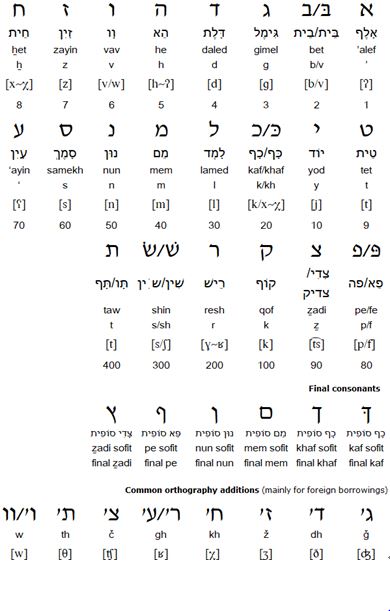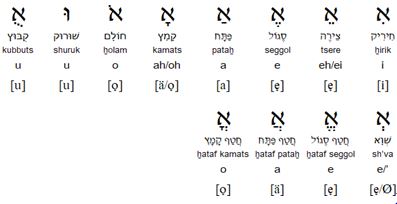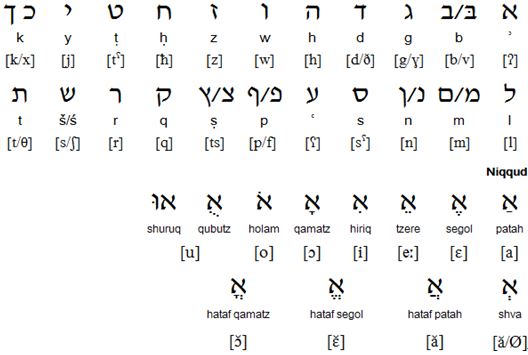Hebrew Translation

Need to translate a contract from English to Hebrew? We have professional Hebrew linguists who are licensed Israeli lawyers. Need to translate an Informed Consent Form or clinical trial document into Hebrew? We have professional medical linguists in Israel who are experts in this field. Technical? Financial? We have native Israeli linguists for all of your translation needs. And we have native English linguists who translate from Hebrew to English.
Our expert team can help you manage projects of any size to find a flexible, efficient and economical solution for your translation needs and we offer on-demand and high-quality English to Hebrew translation services at affordable rates. Thousands of companies large and small trust Target Language Translation Services to fuel their global development. Get a Hebrew translation price quote online now and check out our great prices.
About Hebrew
Official language in  Israel (as Modern Hebrew)
Israel (as Modern Hebrew)
 Poland
Poland
language in  South Africa
South Africa
Hebrew is a member of the Canaanite group of Semitic languages. It was the language of the early Jews, but from 586 BC it started to be replaced by Aramaic. By 200 AD use of Hebrew as an everyday language had largely ceased, but it continued to be used for literary and religious functions, as well as a lingua franca among Jews from different countries.
During the mid-19th century the first efforts were made to revive Hebrew as a everyday language. One man who played a major role in these efforts was Eliezer Ben Yehuda (1858-1922), who was the first to make exclusive use of Hebrew in his home, and encouraged the use of Hebrew among others, as well as its use in schools.
Today Hebrew is spoken by some 5 million people mainly in Israel, where it is an official language along with Arabic. and a further 2 million people speak the language in Argentina, Australia, Brazil, Canada, France, Germany, Palestinian West Bank and Gaza, Panama, the UK and USA.
Hebrew alphabet
The first alphabet used to write Hebrew emerged during the late second and first millennia BC. It is closely related to the Phoenician alphabet. The modern Hebrew alphabet was developed from an alphabet known as Proto-Hebrew/Early Aramaic.
Notable features
• Type of writing system: abjad
• Direction of writing: right to left in horizontal lines.
• Number of letters: 22 consonants, plus final letters and diacritics
• Used to write: Hebrew, Judeo-Arabic, Ladino, Yiddish and many other Jewish languages.
• Some letters (kaf, mem, nun, fe and tzadi) have a final form (sofit), which is used when they appear at the end of a word.
• There are no separate numerals in Hebrew, instead standard western numerals (1, 2, 3, etc) are usually used. In some circumstances, however, Hebrew letters are used to represent numbers. For example, in days of the week, for dates in the Hebrew calendar, and in school grades. The numerical values of the letters are shown below.
• Long vowels can be indicated by the letters alef, vav, and yod. Short vowels are not usually marked, except in the Bible, poetry and books for children and foreign learners.
The Hebrew script
Modern Israeli pronunciation

Notes
• het is officially pronounced [ħ], but many people pronounce it [x]
• ʻayin is officially pronounced [ʕ], but many people pronounce it [ʔ]
• ס׳ [sˤ] and ט׳ [ðˤ] are also used, but only for Arabic names
Hebrew vowel points / Niqqud (נִקּוּד טְבֶרְיָנִי)
This system of indicating vowels was devised by the Masoretic scholars in Tiberias in around 750 AD. It is known as Tiberian vocalization, Tiberian pointing, or Tiberian niqqud, or נִיקוּד טְבֵרִיָנִי in Hebrew.

Modern Cursive Hebrew script

Biblical Hebrew (עִבְרִית מִקְרָאִית) / Classical Hebrew (עִבְרִית קְלַסִּית)
Biblical or Classical Hebrew is the form of Hebrew used in Israel and Judah from about the 10th century BC until the 2nd century AD. Texts include the Hebrew Bible, and other religious and historical writings. It was written without vowel indication at first, and over time some consonants, known as matres lectionis, came to be used to indicate vowels.
Biblical Hebrew was first written with the Phoenician script, which developed into the Paleo-Hebrew script by the 10th or 9th century BC. By the 6th century BC the Aramaic script began to replace the Paleo-Hebrew script.

Tiberian Hebrew
This is the reconstructed pronunciation of the Hebrew used between 750-950 AD by Masoretic scholars living in the Jewish community of Tiberias in ancient Judea.

Rashi
The Rashi style is used mainly to write commentaries on texts. It is named after Rabbi Shlomo Yitzchaki (1040-1105 AD) a.k.a. Rashi, one of the greatest medieval Jewish scholars and bible commentators. Rashi did not use the Rashi sytle to write his commentaries but it is named in honour of him.

Did You Know?
English has a number of words of Hebrew origin, among them many biblical terms. A few of the loanwords are listed below:
English from Hebrew
amen---amen ‘truth’
cider---shektar word used for any strong drink
hallelujah---hallalu-yah ‘praise Jehovah’
kibbutz ---‘Israeli collective settlement’ from qibbus, ‘gathering’
leviathan---livyathan ‘dragon, serpent, large sea animal’
manna---man, literally ‘substance exuded by the tamarisk tree.’ Meaning of ‘spiritual nourishment’ is attested from 1382.
messiah---mashiah ‘anointed’ (of the Lord), from mashah ‘anoint’
rabbi---rabbi, title of respect for Jewish doctors, from rabh ‘master, great one’ + –i, first person singular pronominal suffix.
Sabbath---shabbath ‘day of rest’
satan---satan ‘adversary, one who plots against another’
How much does a translation into Hebrew Translation cost?
The standard rate for translations from English into Hebrew Translation is $ 0.15. For urgent jobs that need several linguists working simultaneously, we will apply a surcharge
Just contact us to get more information and a no-obligation quote. Our project managers can be reached via telephone, email, or the form. We look forward to serving you.
For more information about Hebrew Translation,
call us or add wechat today at +86-13616034782
or send us an email to:info@target-trans.com